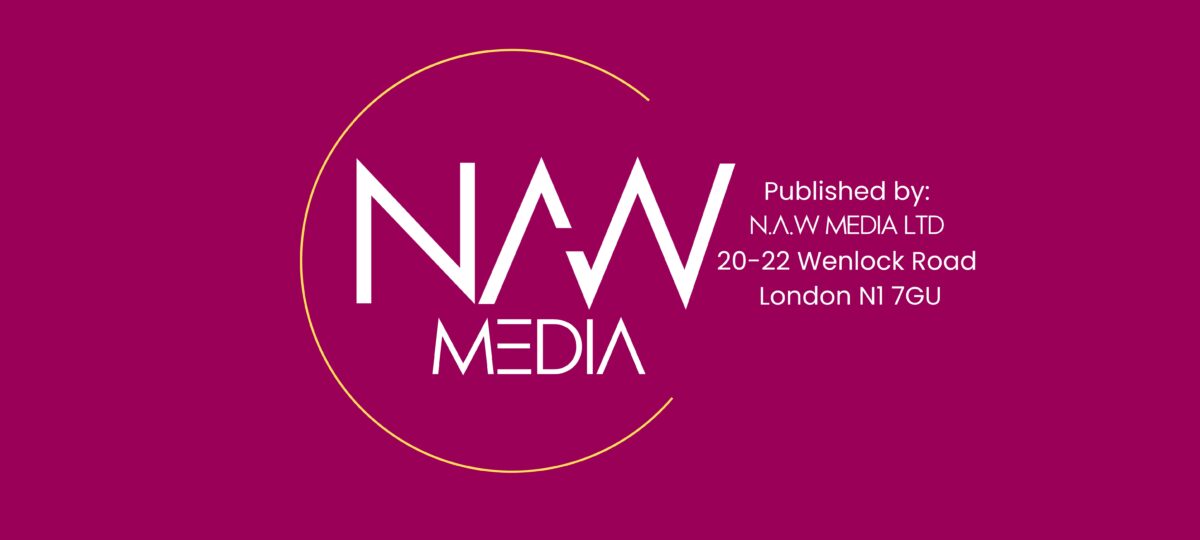5 facts about hair loss, and what you can do about it

Sophie Ruggiero, Commercial Education Manager at NIOXIN, explores the reasons why you might be experiencing thinning hair. And not surprisingly, the stress of COVID-19 for many could definitely result in hair loss.
1. Genetic factors of thinning hair
When we talk about genetic hair loss, we talk about male pattern baldness or female pattern baldness. Women will start noticing thinning at the parting and hairline, whereas men will start losing hair from the crown and the temple area.
Contrary to popular belief, the hair loss genes can come from both sides of the family. Some might notice the first signs of thinning hair later in life, but for many others hair loss can start in their late teens or early 20s, which can obviously be distressing.
Nioxin can help slow down the hair thinning process and keep the hair for longer making the most out of what you have. Learn more about the genetics of hair loss and how we can help.
2. Stress and trauma
Stress and hair loss are intricately connected.
You can experience hair loss when you’re going through a situation that increases your stress levels. This could mean getting a new job, experiencing pressure at work, living a hectic lifestyle, having a new baby, or even losing someone close to you. Hair loss might not be immediate though, and it may happen 6 to 12 months after the stressful episode.
Stress can produce increased levels of testosterone, which converts to dihydrotestosterone (DHT)and interrupts the hair’s growth cycle. Stress also constricts blood supply through the capillaries, restricting oxygen, nutrient uptake, and vitamins to the follicle. Read our dedicated article to learn more and how to combat stress-related hair loss.
3. Nutrition and diet
Healthy hair grows from within so our diet can play a significant role in hair loss. The hair grows from the scalp by absorbing vitamins and nutrients that are obtained through what we eat.
Following a healthy balanced diet should also ensure healthy hair, however we know that people might adopt restrictive diets for various reasons. Supplements can help if you think you’re not getting all the nutrients the hair needs, such as zinc, iron, biotin or vitamin B. Find out more what a healthy hair diet looks like.
4. Health concerns or medication
Hair thinning can be a result of several health concerns, such as thyroid conditions, natural hormonal changes that women experience after pregnancy or during menopause. It can also be a side effect of certain medications. The hair follicle is incredibly sensitive to changes in the body. Any hormone therapy (including birth control) can contribute to hair thinning as can steroids, specific chemotherapies and medication for blood pressure, diabetes, heart disease and acne.
If you are worried about hair loss, it is always best to consult your doctor. A medical professional will be able to diagnose or treat the condition that is causing the hair loss. It is also recommended to speak to a hairdresser who can provide a cosmetic solution to hair thinning and help ease some of the related mental health issues associated with hair loss.
5. Environmental factors of thinning hair
It may sound surprising but elements in our surrounding environment can also affect the hair. Air and water pollutants, chlorine, metals and minerals may be left on the scalp and hair therefore contributing to thinning. Pollutants such as pseudo-oestrogens and toxins from within our bodies are also a factor.
Sun exposure can also lead to hair loss, especially when the hair is thinner already and the scalp is exposed.
A healthy scalp means healthy hair so if your scalp gets sunburn, the hair will suffer. The sun can also damage the hair by weakening its structure, so it is important to apply SPF to your hair just as you would to the rest of your body.









